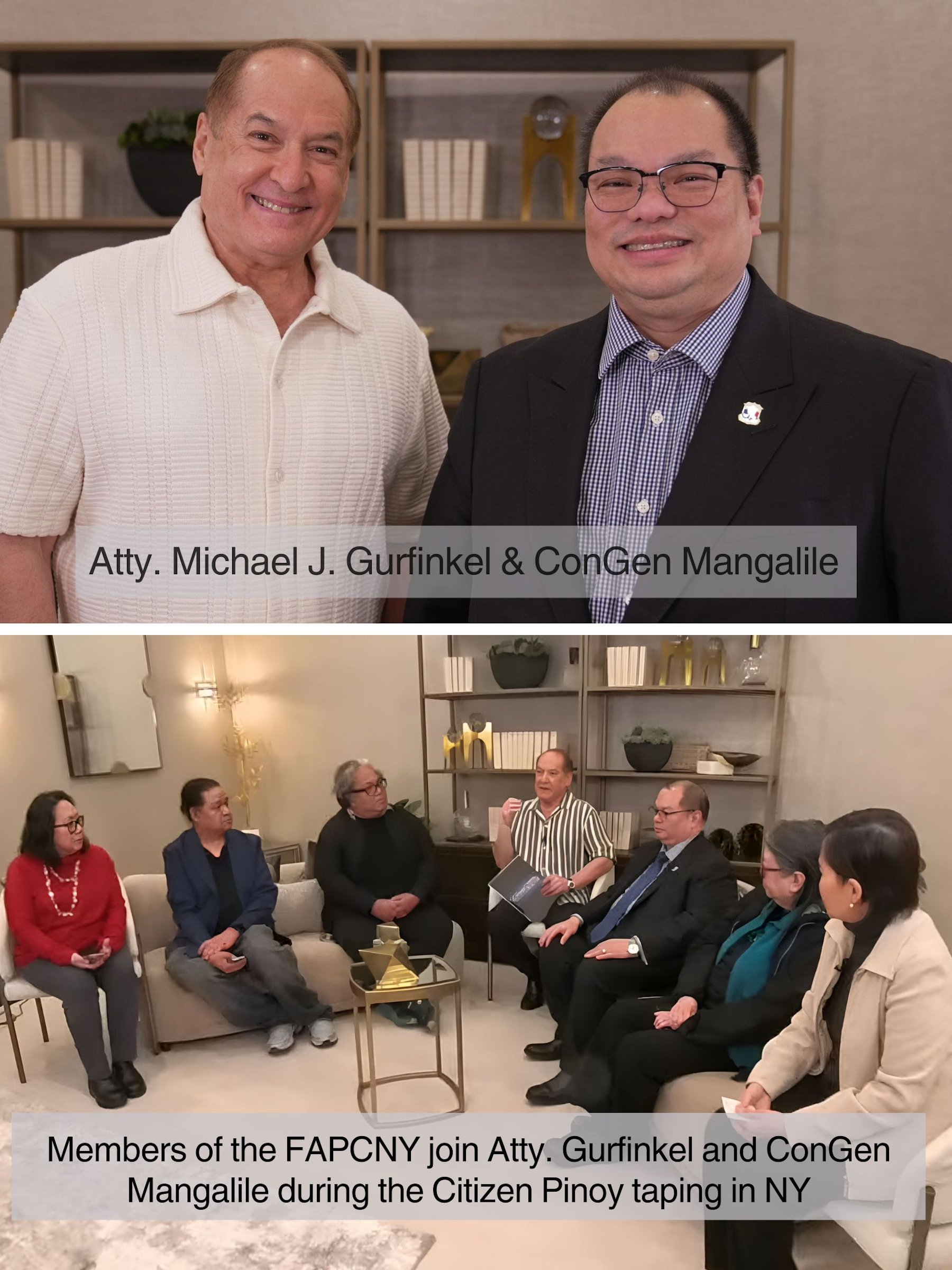RECENTLY, a person came into my office in a panic, after his adjustment of status had been denied. With the denial, he faced the prospect of being placed in removal proceedings, since he was now out of status. However, I thought that he was entitled to a green card, and the United States Citizenship and Immigration Services (USCIS) was wrong to deny his case.
He had come to the US many years ago, and soon went out of status. His US citizen mother then petitioned him in 1990. Unfortunately, she passed away in 2002. When the priority date on his petition became current, he filed for adjustment of status for himself and his child. He decided he wanted to “save money,” and do it all himself, rather than hiring an attorney to represent him.
In 2011, he went to his adjustment interview with no legal representation. After the interview, he received a denial notice in the mail because the petitioner had died and therefore, “the petition she filed on your behalf is terminated.” In other words, USCIS denied the case because the petitioner died.
However, in 2009, a law was enacted (Section 204(l)), commonly referred to as the “Survivor Law.” That law allows people to have their cases approved (or continue) even though the petitioner died, so long as the beneficiary was in the US when the petitioner died. In this case, the person was in the US when his mother died, and should have been entitled to adjust status. However, nowhere in the Decision was there any mention about the Survivor Law (or even humanitarian revalidation). The case was denied because the petitioner had died.
I knew I had to act quickly, because many times when USCIS denies a case, they also issue a Notice to Appear (NTA), placing the person in removal/deportation. I immediately sought reconsideration of the denial, pointing out that the Survivor Law applied to my client who is entitled to adjust status, notwithstanding the death of the petitioner.
Fortunately, within a month, the good news came: The case was reopened, the denial withdrawn, and the green cards of our client and his daughter were approved!
There are several lessons to be learned from this person’s situation:
• Many times, it really pays to spend money to have an attorney represent you at these interviews. If this person had an attorney with him at the initial interview, the attorney could have pointed out the applicability of the Survivor Law. The case was not straightforward. It became complicated because his petitioner had died. He could not articulate the complexities and applicability of the laws. An attorney would have been able to do that, and thereby avoid the stress and aggravation of a denial.
• Even though the Survivor Law was in force for several years at the time of the adjustment interview, the adjudicating officer was apparently unfamiliar with its existence, as the case was denied with no mention or evaluation of the Survivor Law. Therefore, having an attorney at the interview could be helpful, to point out new laws to the officers and demonstrate your entitlement. (To USCIS’s credit, they kept an open mind, and when we presented evidence and proof of the client’s entitlement, they reopened the case, withdrew the denial, and approved the green cards.)
Fortunately, we were able to save and salvage the case, but this client learned a valuable lesson and hopefully, others will too. Sometimes it’s not always best for your future in the US to try to save money and do things on your own.
* * *
Michael J. Gurfinkel is licensed, and an active member of the State Bar of California and New York. All immigration services are provided by, or under the supervision of, an active member of the State Bar of California. Each case is different. The information contained herein including testimonials, “Success Stories,” endorsements and re-enactments) is of a general nature, and is not intended to apply to any particular case, and does not constitute a prediction, warranty, guarantee or legal advice regarding the outcome of your legal matter. No attorney-client relationship is, or shall be, established with any reader.
WEBSITE: www.gurfinkel.com
Call Toll free to schedule a consultation for anywhere in the US:
(866)—GURFINKEL
Four offices to serve you: LOS ANGELES · SAN FRANCISCO · NEW YORK · PHILIPPINES






